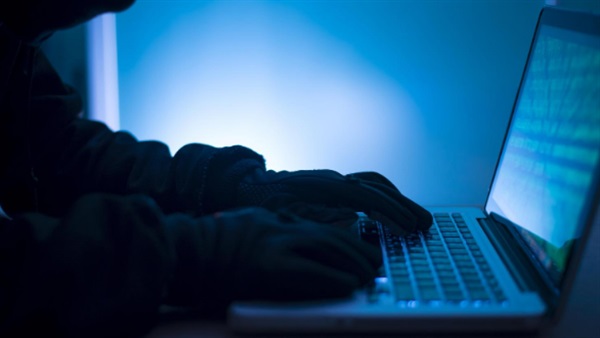Putin’s Russian cyberattacks could target UK’s infrastructure

President Putin is tasking his army of hackers with
targeting British critical infrastructure, deploying tactics tested in Ukraine,
defence sources have warned.
Kyiv has been hit by waves of Russian cyberattacks since the
annexation of Crimea in 2014, with targets including railways and the national
power grid.
In the lead-up to last year’s invasion, cyberattacks took
down Ukrainian government and banking services in an apparent attempt to enable
Russian troops to cross the border.
There are fears that British infrastructure could be
targeted with similar tactics, The Times understands.
Ukrainian officials visited London this week to share
information about Russian tactics and advise the British government on
cybersecurity.
Viktor Zhora, one of Ukraine’s top cyber officials, said the
Kremlin had deployed hackers as part of a campaign targeting Ukraine’s
infrastructure.
“Russia has targeted different parts of the Ukrainian
economy — transportation, critical infrastructure, media, financial
institutions — to bring as much impact as they can,” he said.
“Russia has highly
professional military hackers who have served in the intelligence services for
a long time. The UK should be aware of these potential evolving threats from
Russia.”
Last year James Cleverly, the foreign secretary, revealed
that tech experts had been working remotely on behalf of the British government
to foil Russian cyberattacks since February as part of a £6.35 million support
package.
Tactics employed by Russian hackers included piggy-backing
on Ukrainian telecoms networks to corrupt CCTV cameras and citizens’ mobiles
and changing the ticker tape during a live TV broadcast given by President
Zelensky.
In addition to phishing attacks, Russian agents are
suspected of infiltrating ministries in Kyiv and smuggling out USB sticks with
sensitive information.
In recent years, the National Cyber Security Centre, an arm
of GCHQ, has become more explicit in blaming Russia for individual attacks. A
Russian hacking collective called APT29 was identified as being behind
cyberattacks in 2020 targeting drug companies and research groups involved in
the development of the coronavirus vaccine.
The following year, the British and American governments publicly
blamed the SVR, the Russian foreign intelligence agency, for the SolarWinds
attacks, during which hackers stole national security information from US
government agencies.
Paul Chichester, director of operations at the NCSC, said
the partnership with Kyiv would improve cyberdefence for both the UK and
Ukraine.
“Ukraine has defended itself resolutely in cyberspace in the
face of Russian aggression and the UK has been proud to support that defence,”
he said.
“This visit is an important moment in our relationship and
an excellent opportunity to learn from each other.”
Tom Tugendhat, the security minister, said: “Their fight
against Russian barbarism goes beyond the battlefield and the terror being
inflicted on civilian populations.”







